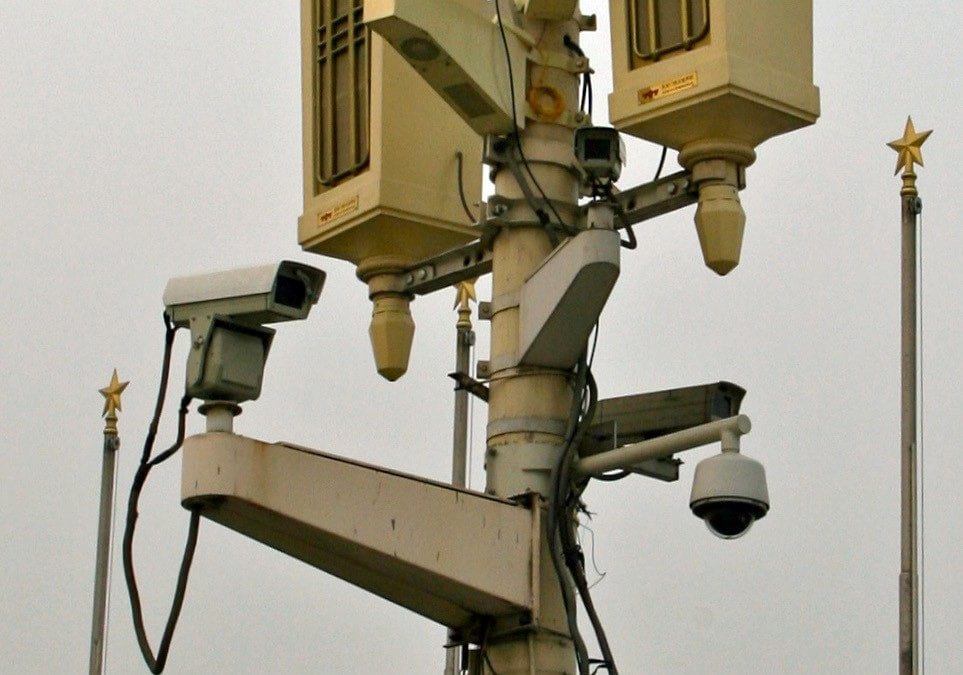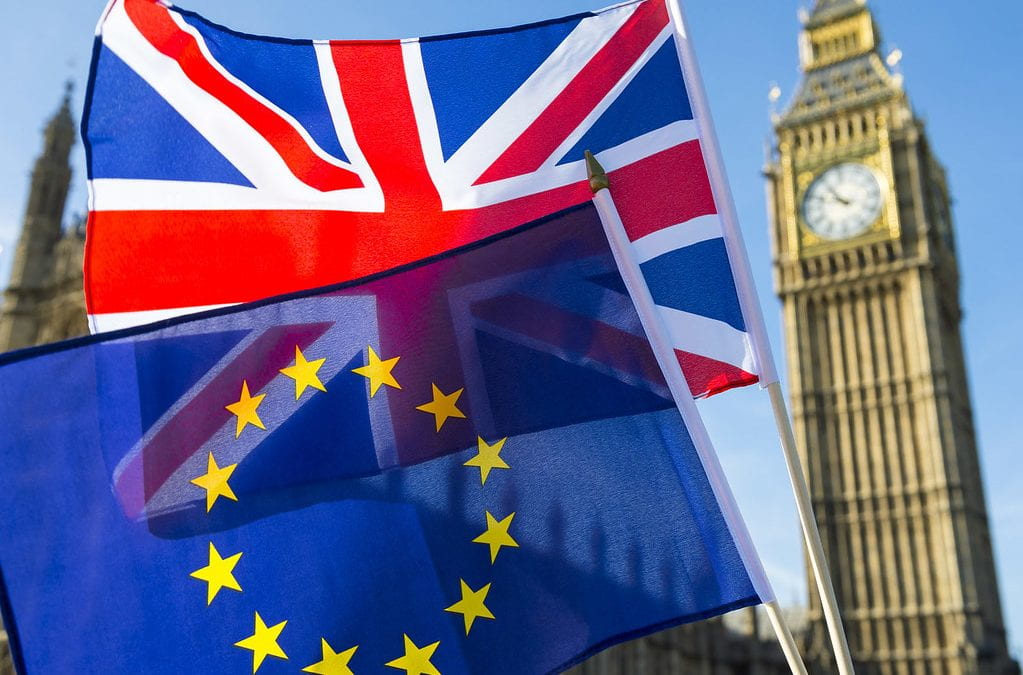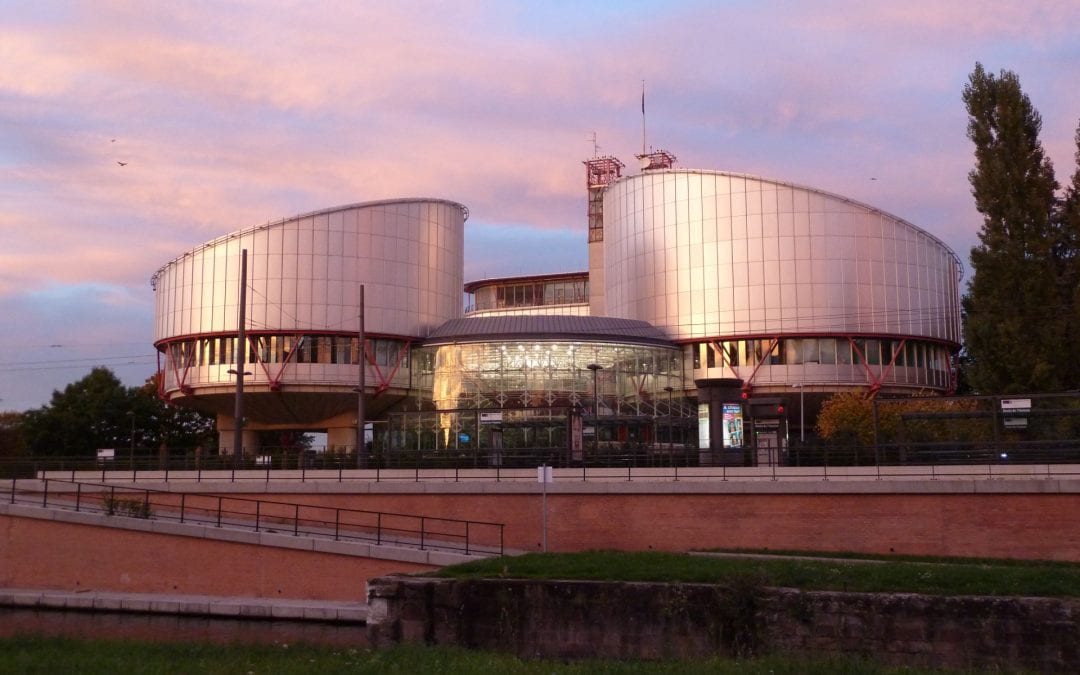
China Stepped Up Surveillance When a Deadly Epidemic Broke Out. Why Is It Still Doing It?
After initially downplaying the COVID-19 pandemic and preventing medical professionals from speaking out, the Chinese government reversed course and acted swiftly to stop the virus from spreading. The government’s public health measures included extensive data...

Regulating Biometric Identification in India: Lessons Learned
Biometric identification, the use of unique physical characteristics to identify an individual, is at the forefront of the growing intersection between technology and governance. Biometric identification programs, especially in areas with poor pre-existing paper-based...

The Right to Decide: Developments in North American Guardianship Law
A note on language: I use both “identity-first” (disabled person) and “people-first” (person with a disability) language throughout this article. People with disabilities are not a homogenous group, and different people have distinct preferences of how they would like...

Decriminalizing Defamation: A Comparative Law Study
March 2022 This article was prepared by members of the GW Law Civil and Human Rights Law Clinic as part of the Clinic’s research and advocacy from 2020 to 2022. I. Introduction In Pakistan, criminal defamation laws are aggressively used by both civilians and the...

A Farce of a Treaty: The 2016 Colombian Peace Accords
Since the 1960s, Colombia has been engaged in a civil war with the Revolutionary Armed Forces of Colombia (Fuerzas Armadas Revolucionarias de Colombia - FARC). Although the FARC formed in 1964, it was not until the 1980s that it burst into the national consciousness...

Concerns of Data Privacy Enforcers Post-Brexit
On January 31, 2020, the United Kingdom formally withdrew from the European Union. That membership withdrawal by the United Kingdom from the European Union is known as the “Brexit” vote which has created a clear border element distinguishing the similar and...

Proposition for Greater European Human Rights Protections: EU Should Accede to the European Convention on Human Rights
The European Union should accede to the European Convention on Human Rights (the “Convention”). Accession by the European Union (the “EU”)–whereby the EU would become a party to the Convention, would create a more coherent system of law. EU accession would further...

What is the “Dutch Clause”?
Currently, merging companies need to be aware of the “Dutch Clause” because mergers that affect trade between member states and pose a risk of adverse competitive effects may face a more detailed review by the European Commission. Merging companies facing a more...

A message from the President of ILS, Michael C. Arianas
For most of us here at GW Law, the ongoing Russian invasion of Ukraine represents one of the gravest violations of international law in our lifetimes. As the International Law Society, it is our duty to condemn this invasion in the strongest possible terms, and to...

US-Philippines Coda
Update: The White House has announced President Biden's intent to nominate as Ambassador Extraordinary and Plenipotentiary Mrs. MaryKay Loss Carlson. In May of 2021 I wrote for the International Law & Policy Brief about the storied relationship between...
